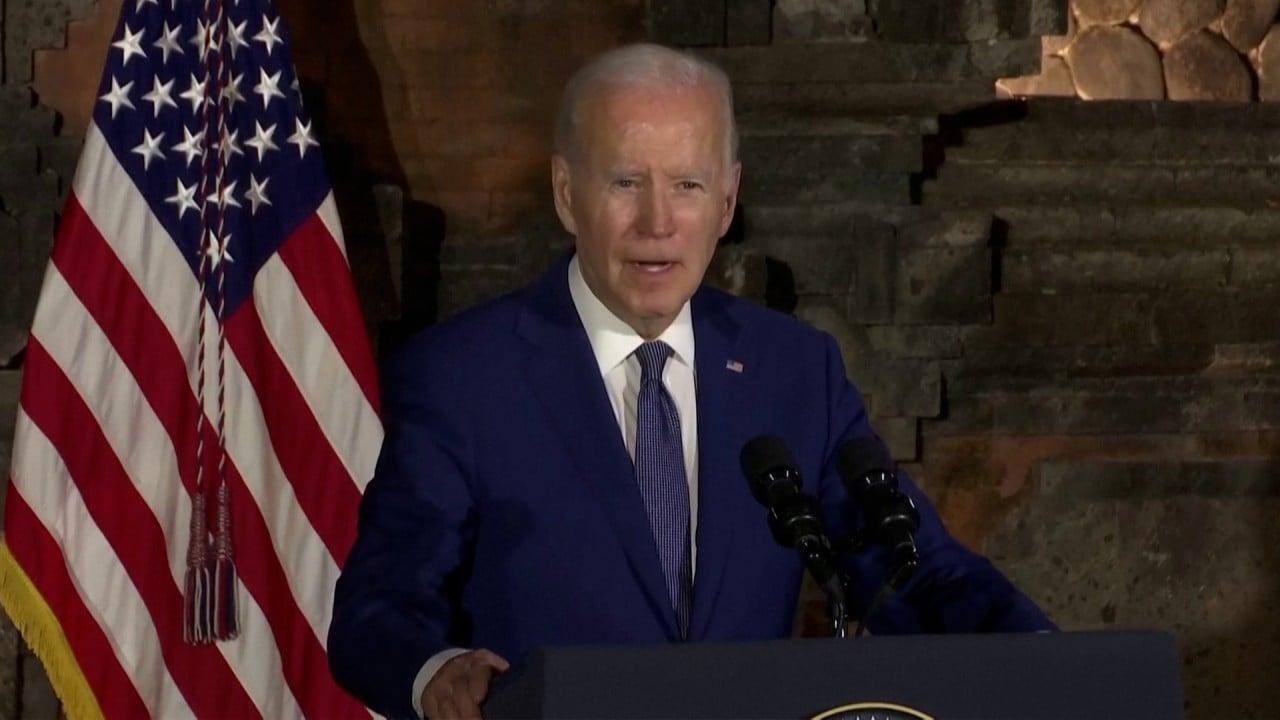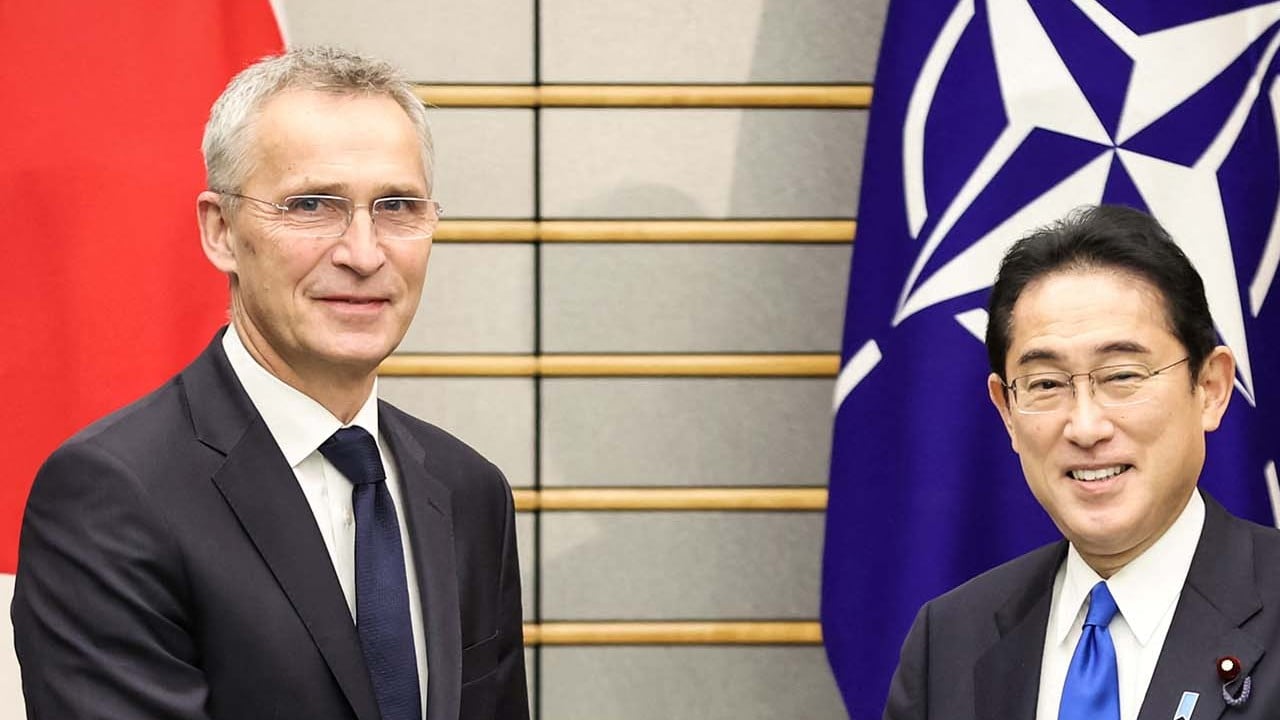
Hsia, who is heading a five-member KMT delegation, is expected to meet Song on Thursday and might also meet Wang Huning, a key Politburo Standing Committee member with a strong background in Taiwan-related policy.
“We have not been informed yet and there might be arrangements being made for [the meeting]. As a guest, we respect the arrangements of our host,” he said on whether discussions with Wang had been confirmed.
Hsia said one of the aims of the visit was to renew KMT contact with the mainland following a reshuffle in Beijing of its senior cross-strait affairs officials.
He dismissed claims from the ruling independence-leaning Democratic Progressive Party and critics that the trip was to pay tribute to Beijing and seek support for the KMT’s bid in the 2024 presidential elections.
He said that in addition to understanding the needs of mainland-based Taiwanese people and expressing their concerns to the mainland authorities, his group would seek Beijing’s removal of import bans on certain farm and fishery products as well as help with disputes involving Taiwanese businesspeople.
He said his trip was meant to increase dialogue with Beijing, saying that even the US was part of a global trend to use negotiation to settle disputes.
“It is a positive thing if this trip can increase exchanges and understanding between the two sides of the Taiwan Strait,” he said, adding the island’s leader, Tsai Ing-wen, had also called for a resumption in dialogue with the mainland.
“How come it is a good thing for the DPP to call for cross-strait dialogue, but a bad thing for the KMT to do so?”
Relations between Beijing and Taipei have been strained since the DPP’s Tsai was elected president in 2016 and refused to accept the one-China principle.
Beijing views Taiwan as part of its territory that must be taken under control, by force if necessary.
On criticism that it was bad timing for him to visit the mainland given the strained relations and rising tensions, Hsia said critics also said it was bad timing when he visited the mainland in August, soon after Beijing launched a series of unprecedented live-fired drills around the island in retaliation for a visit to Taipei by then US House speaker Nancy Pelosi.
But the outcome of his trip was positive, with Beijing relaxing import and travel restrictions for Taiwanese, he said.
The pro-independence camp in Taiwan later heaped scorn on Hsia’s visit, saying it was tantamount to a KMT surrender to the mainland.
On Wednesday, Hsia stressed his trip was strictly apolitical and that he would not represent the DPP government to reach or sign any agreements with the mainland side. He also said there was no plan for him to meet President Xi Jinping.
In Beijing, Taiwan Affairs Office spokeswoman Zhu Fenglian welcomed Hsia’s visit, saying it would help “promote cross-strait cooperation in various areas and increase the interests and well-being of people across the two sides of the Taiwan Strait”.
Hsia is expected to be in Beijing for three days before making stops in Nanjing, Shanghai, Wuhan, Chongqing, and Chengdu.
In addition to attending a seminar on post-Covid-19 cross-strait exchanges in Beijing on Friday and another seminar on prospects for young businesspeople in Shanghai on February 13, he will meet members of the Taiwanese communities and businesspeople.



